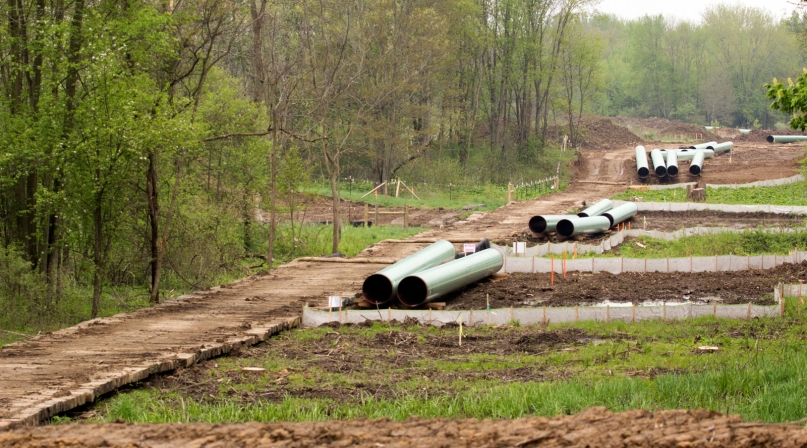Trump Administration issues Executive Order making it harder for states to block oil and gas pipeline projects
Upcoming Events
Related News

Key Takeaways
On April 10, President Donald Trump issued Executive Order (EO) 13868 directing the U.S. Environmental Protection Agency to review and revise section 401 of the Clean Water Act (CWA). Section 401 requires companies to receive certificates from states to build federally-approved infrastructure, like pipelines, within that state’s borders. This section provides states the ability to deny projects if they deem it would have a negative impact on water quality within their jurisdictions, even if the project has received federal approval. Many state groups have expressed concerns that this EO would block states' authorities to regulate pipeline and other energy infrastructure siting projects.
The EO provides a timeline for the EPA to review and revise the agency’s regulations implementing section 401. It requires the EPA to consult with state and local governments to review section 401 by June 10, 2019 and publish for notice and comment proposed rules revising section 401 by August 10, 2019. Lastly, the EO instructs EPA to finalize their rules by May 2020.
As co-regulators and regulated entities under the CWA, counties stand ready to work with our federal partners to streamline the CWA permitting process, while maintaining existing state and local government authorities. While NACo supports increased energy development nationally, counties oppose any federal attempts to preempt state and local planning policies, processes and decisions. As the EPA begins the rulemaking process, NACo looks forward to the opportunity to consult with the agency on any potential rule changes.

Attachments
Related News

NACo sends letter urging reauthorization of Clean Water and Drinking Water State Revolving Funds
The Environmental Protection Agency (EPA) established the Clean Water and the Drinking Water State Revolving Funds (SRFs) programs to provide a predictable, long-term financing option for local drinking water and wastewater infrastructure projects.
